Pursuing Potential: Choking Part 1
Choking under pressure, where one freezes and underperforms when it matters most—often despite deep expertise and years of training—is well known in professional sports. But we hear less about the day-to-day chokes that can happen at any time, or in any situation.
Practically all of us can look back on a few of our own choking moments. Maybe you lost your voice or your ability to think straight when speaking with an important client or audience. At my first international swim competition, I not only missed my first event, but I was also so overwhelmed at my second event that I false-started. To help prevent “the choke,” we can apply insights from professional athletes and world-class performers. In order to operate on the boundary of what we deem possible—that edge where growth lies—we want to be prepared for potentially difficult scenarios. Underperforming, not executing at or slightly above our potential is disheartening and demotivating. Therefore these next few newsletters will be a deep dive into "choking" and how to harness our big moments when needed.
What is choking?
When we “freeze,” our bodies are engaging in a threat response to something in our external environment. That ‘something’ is different for everyone. At work, this might look like a difficult conversation, a negotiation, a stress-inducing pile of paperwork, or a public speech. In endurance events, this might be the daunting distance ahead, the difficulty of the event or the environment (weather, temperatures, etc.)...
When you choke, physiologically, your body has shifted from threat perception mode into threat protection mode. It has released a cocktail of stress-related hormones like cortisol and adrenaline. These often elevate your breathing and heart rate, dilate your pupils, and even cause you to sweat. When under this 'threat,’ your working memory becomes impaired, meaning you have trouble making sense of and acting on new information. You can become prone to recalling and reliving negative experiences (emotional or physical), and you can consciously overthink behaviors that should be second nature.
During this choking, not only does your performance decline, but it could also trigger a vicious cycle of self-doubt, shame, guilt, and fear, making continued choking even more likely!
This vicious cycle can lead to limiting future risk and can even bring about long-term mental health consequences, such as the PTSD experienced by current Olympic champions and well-known professional athletes...
So why DO we choke?
You’re most likely to choke when the external demands or pressure of a situation overwhelm your personal resources to cope with them. This happens to us in athletics when the stakes are raised by competition or when we are measuring our progress in a given field or effort. Those stakes might also be raised because of the infrequency of the event: The Ironman, marathon, or 100-miler aren’t available to race any weekend or any month. So while we can see outstanding gains in ability in training, choking might still be a factor due to our mind coping with the stakes that are immensely elevated along with the opportunity to put it all together in the rare competition. A choke can also happen even when the pressure remains constant, yet our ability to use coping resources becomes depleted, for example, when you feel anxious or begin to question your abilities during a long endurance event. When we are emotionally and physically fatigued, we reduce the likelihood of operating at our familiar training levels or to our potential.
The frustrating part is that this demands/resource imbalance can happen completely unconsciously, meaning that while you think you’re ready, your unconscious brain has other ideas.
The key here is that 'personal resources' are overwhelmed by that ‘something’, creating a threat response. We have many individual mental representations of how our world 'should' unfold, so it is important to understand that there might be deep psychological barriers that create the overwhelm.
In the next newsletter, I will work through a variety of coping mechanisms and techniques to boost our ability to cope with this elevated pressure with which my athletes & clients have become familiar. Integrating mindset with performance requires understanding who we might be in challenging or overwhelming situations.

